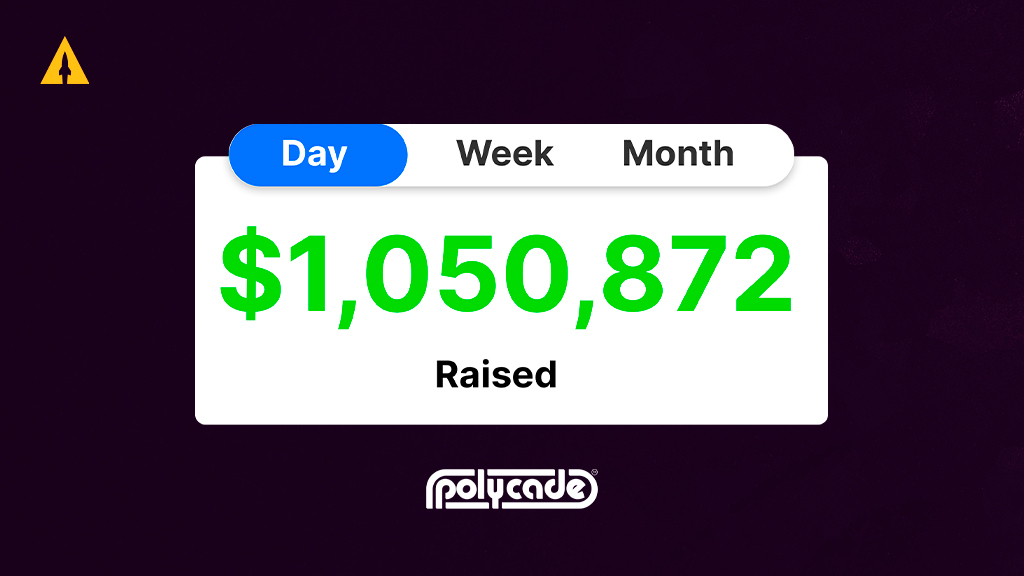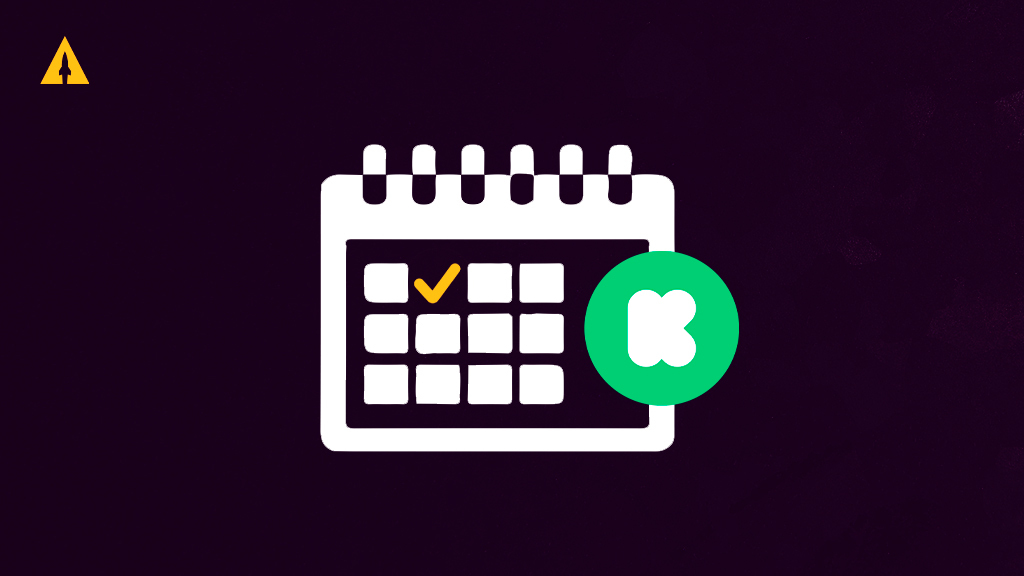In recent years, crowdfunding platforms like Kickstarter have provided aspiring entrepreneurs with a unique opportunity to turn their innovative ideas into reality. However, when it comes to securing funding through Kickstarter, potential project creators often find themselves faced with various requirements, one of which is a minimum credit score. Understanding the importance of credit scores, the role they play in the crowdfunding process, and how they can be improved is crucial for individuals looking to embark on their Kickstarter journey.
Contents
Understanding Credit Scores
The basics of credit scores lie in their ability to determine an individual’s creditworthiness. A credit score is a numerical representation of a person’s credit history, providing lenders with an insight into their financial habits and reliability. Lenders use credit scores to assess the risk associated with providing loans or funding. Several factors influence credit scores, including payment history, credit utilization, length of credit history, types of credit used, and recent credit inquiries.
The Basics of Credit Scores
Credit scores are typically measured on a scale ranging from 300 to 850, with higher scores indicating better creditworthiness. Scores above 700 are generally considered good, while those below 600 may be regarded as less favorable. The exact range of credit scores required for Kickstarter projects may vary, as different lenders or platforms might have different criteria.
How Credit Scores Impact Financial Decisions
A high credit score opens doors to various financial opportunities, including the ability to secure loans at favorable interest rates and terms. Conversely, a low credit score can limit access to credit or result in higher borrowing costs. In the context of Kickstarter, credit scores play a vital role in determining a project creator’s eligibility for funding.
Kickstarter and Credit Scores
When it comes to Kickstarter’s financial requirements, credit scores are an essential consideration. While Kickstarter does not explicitly state a specific minimum credit score, they do emphasize the importance of financial trustworthiness. Kickstarter aims to protect both backers and project creators by ensuring that funds are used responsibly and projects are completed successfully.
Kickstarter’s Financial Requirements
In addition to credit scores, Kickstarter evaluates several financial factors when assessing project creators’ eligibility. They examine the creator’s income and payment history, as well as their ability to fulfill their commitments. Kickstarter wants to ensure that projects are realistic, financially feasible, and have a higher chance of being completed successfully.
The Role of Credit Scores in Kickstarter
While credit scores aren’t the sole determining factor, they provide insight into a project creator’s financial responsibility and credibility. A high credit score indicates a history of responsible financial behavior, increasing the chances of receiving positive consideration from Kickstarter. On the other hand, a low credit score may raise doubts and questions about the creator’s ability to manage project funds effectively.
Determining the Minimum Credit Score for Kickstarter
Establishing the minimum credit score requirement for Kickstarter is not a straightforward task. Different projects have different funding goals, timelines, and financial needs. Additionally, each platform may have its own evaluation criteria. However, several factors influence the determination of the minimum credit score necessary for Kickstarter success.
Factors Influencing the Minimum Credit Score
Factors that impact the minimum credit score requirement include the complexity and cost of the project, the amount of funding requested, and the expected returns. Projects with higher financial risks or those requiring substantial funds may necessitate a higher minimum credit score. Ultimately, the goal is to maintain a balance between providing opportunities to aspiring project creators and ensuring financial reliability for potential backers.
The Process of Credit Score Evaluation
During the evaluation process, Kickstarter assesses a project creator’s creditworthiness by considering their credit score, income, and financial history. Kickstarter may also review a creator’s past projects on the platform to evaluate their ability to deliver on previous commitments. The combination of these factors helps Kickstarter make informed decisions in determining project eligibility.
Improving Your Credit Score for Kickstarter
Having a good credit score is essential not only for Kickstarter but also for future financial endeavors. Here are some tips to help enhance your credit score:
Tips for Enhancing Your Credit Score
- Pay bills on time and in full, including credit card payments and utility bills.
- Keep credit card balances low and minimize credit utilization.
- Avoid opening multiple new credit accounts simultaneously.
- Maintain a diverse credit mix by using different types of credit, such as credit cards, loans, and mortgages.
- Regularly review your credit report for errors and dispute any inaccuracies.
Maintaining a Good Credit Score for Future Projects
Building and maintaining a good credit score is an ongoing process that requires financial discipline and responsible credit management. By maintaining a solid credit history and making smart financial decisions, you increase your chances of securing funding not only for Kickstarter projects but also for future endeavors.
Consequences of a Low Credit Score on Kickstarter
A low credit score can present challenges and potential risks to project creators seeking funding on Kickstarter. It is essential to be aware of the possible consequences and how to overcome them.
Potential Risks and Challenges
Creators with a low credit score may find it more difficult to attract backers who value financial reliability. Backers may associate low credit scores with higher financial risks and subsequently decide against supporting projects. Additionally, crowdfunding platforms like Kickstarter may impose stricter requirements, such as higher collateral, to mitigate potential risks associated with projects led by individuals with lower credit scores.
Overcoming Low Credit Score Obstacles
While a low credit score may initially pose challenges, it is not an insurmountable obstacle. Project creators can take proactive steps to improve their creditworthiness and overcome the challenges associated with a low credit score. These steps include diligently building positive credit history, paying off existing debts, and demonstrating financial responsibility through other means. Building a strong network, showcasing a well-thought-out project, and offering attractive rewards can also help project creators gain the trust and support of potential backers.
In conclusion, while Kickstarter does not explicitly state a minimum credit score requirement, credit scores play a crucial role in determining a project creator’s eligibility and financial credibility. Understanding credit scores, their impact on financial decisions, and ways to improve them is vital for individuals looking to embark on their Kickstarter journey. By focusing on building and maintaining a good credit score, project creators can enhance their chances of securing funding and bring their innovative ideas to life.



